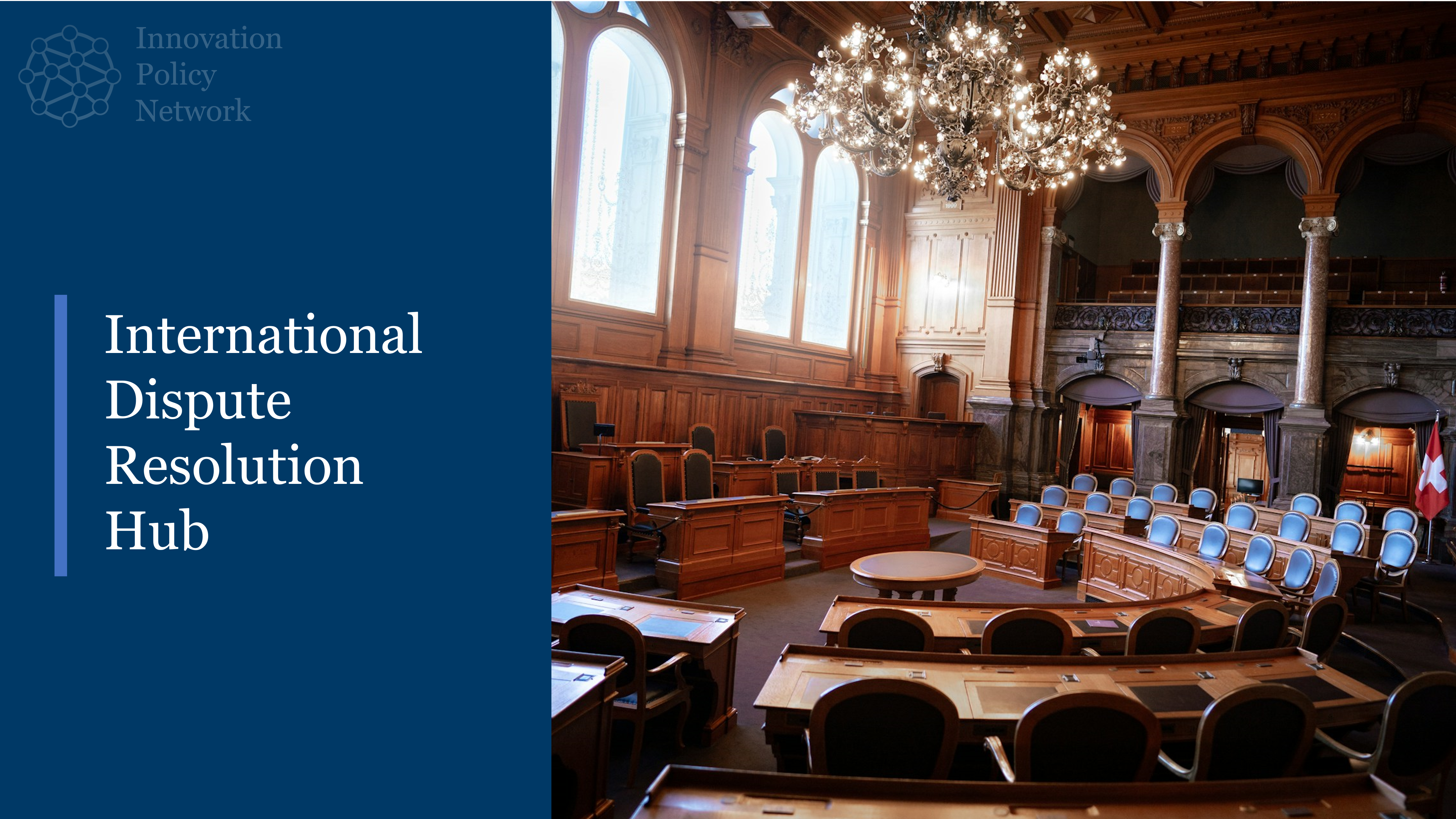Author: Amedeo Rizzo
Journal: TTLF Working Papers No. 101, Stanford Law School
Abstract:
This paper analyzes the use of intellectual property rights and the most common forms of tax measures to incentivize innovation and conducts a comparative analysis between the policies adopted by the US and the European Union.
The first part of the paper will focus on intellectual property rights (or IP rights), building a framework for drawing a more thorough analysis of the interaction between these rights and tax policy. Indeed, when tax policy instruments are used for purposes that differ from revenue-raising and wealth-redistribution, several criticalities arise, and a deep investigation becomes necessary to understand whether the objectives are pursued without hampering the status quo. The system should be looked at as a whole and several considerations should be conducted to understand whether there might be different ways to reach the same objectives more efficiently and without affecting the neutrality of the tax system. All in all, the proposed policy should be coherent with its objectives and avoid undesired effects.
The most common ways to incentivize innovation through the tax system are R&D tax credits and IP Box Regimes. This work will provide an analysis of these different innovation-oriented tax measures. The evaluation will lead to considering expenses-based tax incentives, in the form of R&D tax credits, as a better complement to IP rights in incentivizing innovation, as opposed to IP Box Regimes, whose scope somewhat overlaps with IP rights.
The last part of the analysis will compare the context and the legal framework of the European Union and the United States. In comparing those two different ways of achieving the same objective, it will formulate specific considerations on the different nature of the tax policies, emphasizing potential causes and consequences of different choices. Consequently, the paper will highlight the conclusions of the analysis.
Amedeo Rizzo, Intellectual Property and Tax Incentives: a Comparative Analysis of the EU and the US Legal Frameworks, TTLF Working Papers No. 101, Stanford-Vienna Transatlantic Technology Law Forum 2023, Working Paper Series (May 3, 2023)






Leave a Reply